I have a JSON file I want to convert to a CSV file. How can I do this with Python?
I tried:
import json
import csv
f = open('data.json')
data = json.load(f)
f.close()
f = open('data.csv')
csv_file = csv.writer(f)
for item in data:
csv_file.writerow(item)
f.close()
However, it did not work. I am using Django and the error I received is:
`file' object has no attribute 'writerow'`
I then tried the following:
import json
import csv
f = open('data.json')
data = json.load(f)
f.close()
f = open('data.csv')
csv_file = csv.writer(f)
for item in data:
f.writerow(item) # ← changed
f.close()
I then get the error:
`sequence expected`
Sample json file:
[{
"pk": 22,
"model": "auth.permission",
"fields": {
"codename": "add_logentry",
"name": "Can add log entry",
"content_type": 8
}
}, {
"pk": 23,
"model": "auth.permission",
"fields": {
"codename": "change_logentry",
"name": "Can change log entry",
"content_type": 8
}
}, {
"pk": 24,
"model": "auth.permission",
"fields": {
"codename": "delete_logentry",
"name": "Can delete log entry",
"content_type": 8
}
}, {
"pk": 4,
"model": "auth.permission",
"fields": {
"codename": "add_group",
"name": "Can add group",
"content_type": 2
}
}, {
"pk": 10,
"model": "auth.permission",
"fields": {
"codename": "add_message",
"name": "Can add message",
"content_type": 4
}
}
]
